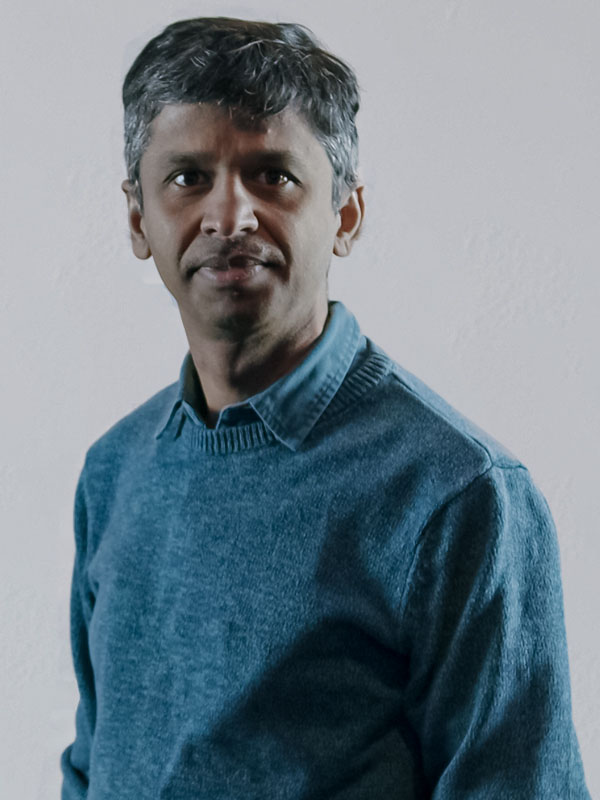Improving upper limb functions for children using virtual reality
My Topol fellowship problem / project:
Each year approximately 1800 children are diagnosed with moderate to severe acquired brain injury (ABI) in the UK. Some will have upper limb functional difficulties such as writing and manipulating toys. These children require early intensive neurorehabilitation.
Unfortunately, due to limited resources, and the poor motivation of children it is difficult to provide intensive treatment.
Most children enjoy using gadgets, playing computer games and virtual reality video games. Virtual reality (VR) is emerging as a valuable adjunct to traditional neurological rehabilitation. It can be cost- effective, need less professional input and can be programmed to suit the needs of each child. VR will empower parents and it has a high probability of facilitating the active participation of children.
VR has not been used routinely in the NHS for children with ABI rehabilitation. This is because of non- availability of VR equipment; lack of specific guidelines; a poor evidence base; lack of training and IT support. Parents and clinicians are not confident with digital technology.
We intend to use a VR exercise tool for upper limb rehabilitation of children with ABI. Through this fellowship, we aim to co-produce a VR treatment programme with parents, children, and therapists; develop a protocol; governance to implement VR; and train therapists to facilitate VR for acute neurorehabilitation.
About me
I am a consultant therapist and specialist clinical lead for the neurorehabilitation team in the Birmingham Children’s Hospital. I work with the MDT members to provide care to children with acquired brain injury and other neurological conditions. I find rehabilitating these children rewarding and enjoy designing appropriate management programmes using a holistic and evidence-based approach.
I qualified as a physiotherapist from Annamalai University, India in 1997, following which I worked in various states in India. I moved to the UK in 2004 to take up the post of a specialist children’s physiotherapist in the Cambridgeshire Community Service NHS Trust. In this service I had the opportunity to gain experience in service development, clinical governance, management and clinical research.
I briefly worked as a Children’s Integrated Therapy Manager & Professional Lead for physiotherapy in the Oxford health NHS Foundation trust. During my tenure, I developed service standards for children with cerebral palsy and streamlined the motor coordination disorder and orthopaedic pathways.
I am research active, and I have published some of my work in scientific journals. My research profile can be accessed through https://www.researchgate.net/profile/Chandrasekar- Rathinam.
My interests lie in updating and modernising assessment techniques; introducing advanced digital technology into rehabilitation; trying new cost-effective treatment techniques and the assessment of the benefits to the service user. I would like to evolve as an expert AHP with a responsibility for digital intervention, education, research and leadership.
I am also interested in helping the work force to develop skills to meet the health care challenges of the future and to provide the best care for children and their families. I believe the collaboration of the public, clinicians, industry and academics are required to accomplish this.

